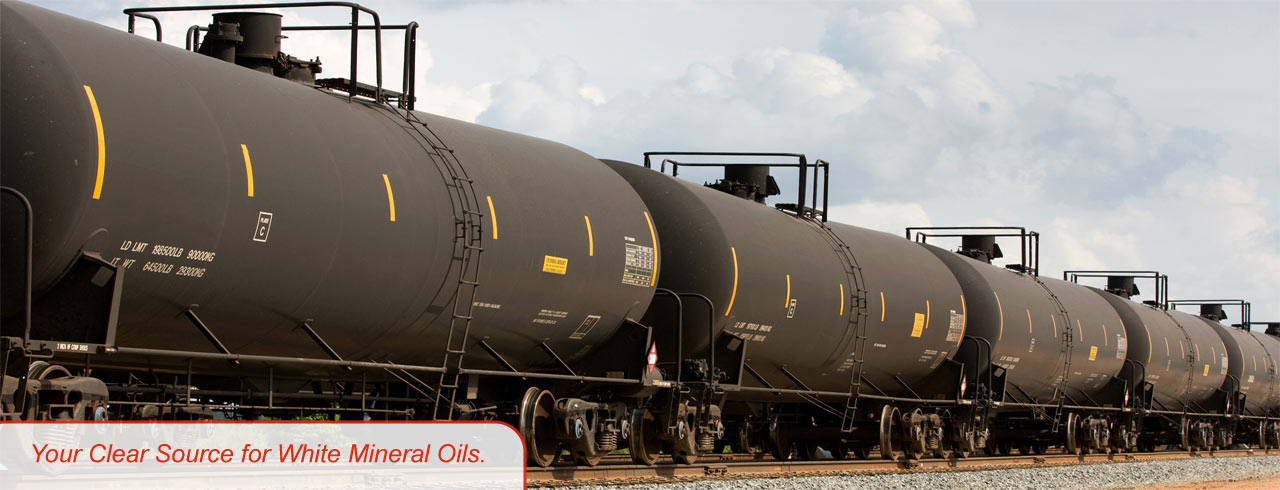Mineral Oil vs. Synthetic Lubricants: What’s the Difference and When to Choose Each

A side-by-side comparison of performance, cost, and application-specific advantages in industrial and manufacturing environments, choosing the right lubricant is critical to ensuring efficient performance, longevity of equipment, and compliance with safety or regulatory requirements. Among the most commonly used options are mineral oils and synthetic lubricants—each with unique characteristics that make them ideal for different applications.
So how do you choose the best option for your operation? In this blog, we break down the key differences between mineral oil and synthetic lubricants to help you make an informed decision based on performance needs, cost considerations, and industry use cases.
What Is Mineral Oil?
Mineral oil is a colorless, odorless byproduct derived from the refining of crude oil. It’s commonly used in both food-grade and technical-grade applications and can be found in a variety of industries, including:
- Food processing and packaging
- Cosmetics and pharmaceuticals
- Agriculture and livestock
- Plastics and chemical manufacturing
Mineral oils are categorized by their degree of refinement, with white mineral oil—like STEOIL’s Crystal Plus® products—offering the highest purity levels, meeting standards such as NSF H1, 3H, and FDA 21 CFR regulations.
What Are Synthetic Lubricants?
Synthetic lubricants are engineered fluids formulated from chemically modified compounds, often derived from petrochemicals. These lubricants are designed to provide high-performance benefits in extreme operating environments where mineral oils may fall short. Common types include:
- Polyalphaolefins (PAOs)
- Esters
- Silicones
- Fluorinated fluids
Synthetic oils are popular in aerospace, automotive, and high-temperature or high-pressure industrial settings.
Key Differences: A Side-by-Side Comparison
| Feature | Mineral Oil | Synthetic Lubricants |
|---|---|---|
| Source | Refined from crude oil | Chemically engineered |
| Cost | Lower upfront cost | Higher cost due to complex formulation |
| Thermal Stability | Moderate (typically < 200°C) | Excellent (up to 300°C or higher) |
| Oxidation Resistance | Good (improved with additives) | Superior |
| Viscosity Range | Narrower | Broad and customizable |
| Food-Grade Availability | Yes (e.g., NSF H1, 3H) | Limited (special formulations only) |
| Environmental Impact | Biodegradable options available | May vary; some are not easily biodegradable |
| Application Focus | General-purpose, cost-effective | Specialty/high-performance environments |
When to Choose Mineral Oil
Choose mineral oil when your application requires:
- Regulatory compliance in food, pharma, or cosmetic production
- Cost-efficiency for general lubrication or processing aid
- Compatibility with existing legacy equipment
- Non-toxic and non-reactive properties (especially important in food-grade applications) Examples: Food conveyor lubrication, plastic extrusion, livestock feed defoaming agents, personal care products
When to Choose Synthetic Lubricants
Opt for synthetic lubricants when your operation demands:
Final Thoughts
Both mineral oil and synthetic lubricants serve important roles in industrial and commercial applications.
The best choice depends on your operating conditions, performance requirements, budget, and compliance needs.
At STE Oil Company, we specialize in high-purity white mineral oils that meet the most stringent quality and safety standards across industries. If you’re unsure which product is best for your business, our team is here to help.
Contact us today to discuss your lubrication needs or request a sample of our Crystal Plus® white mineral oil.
























